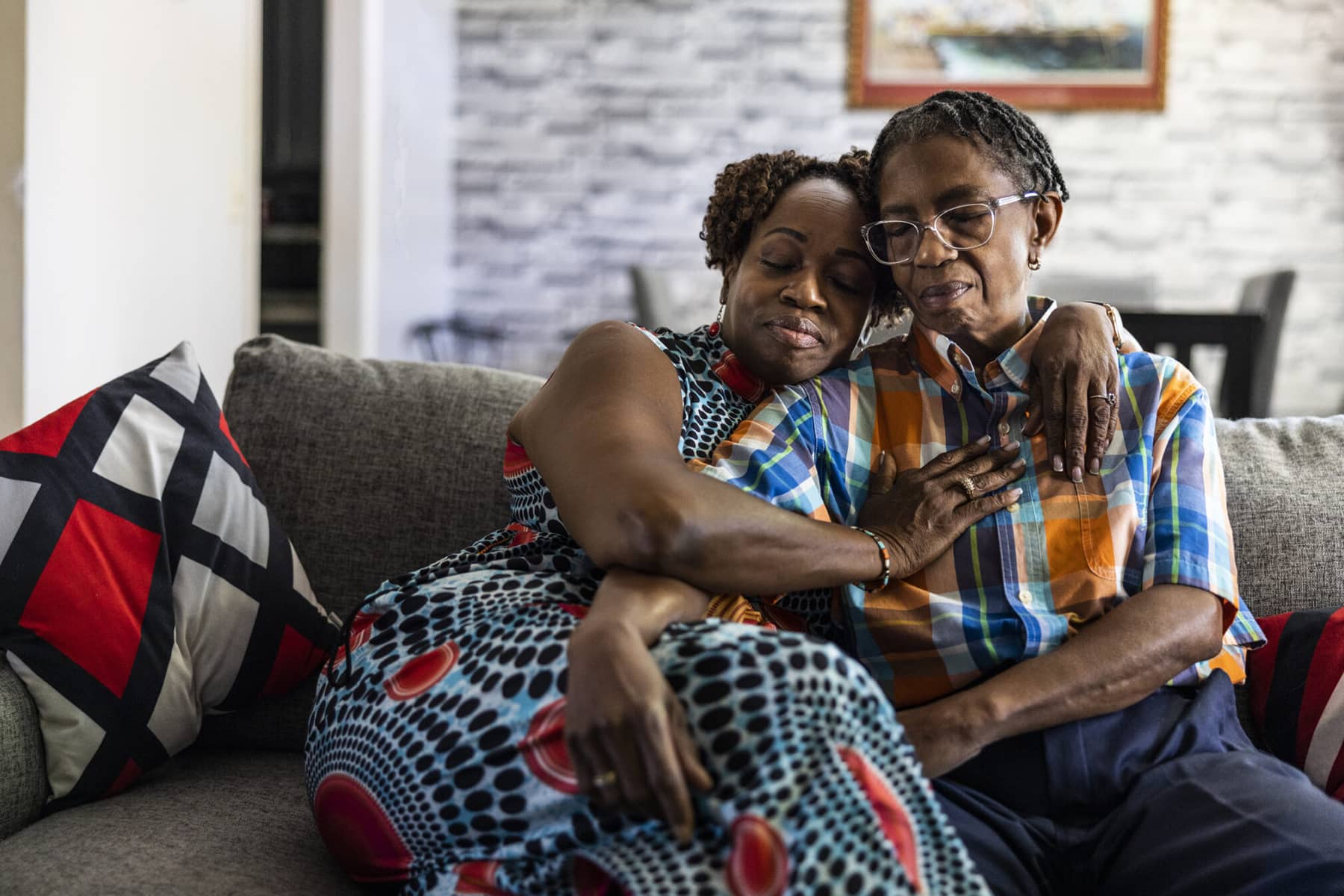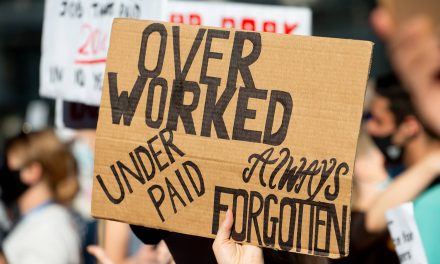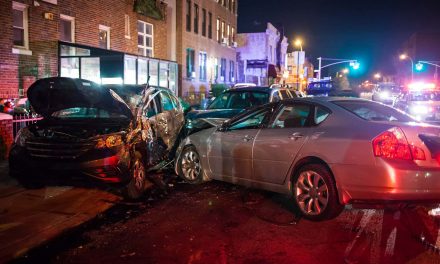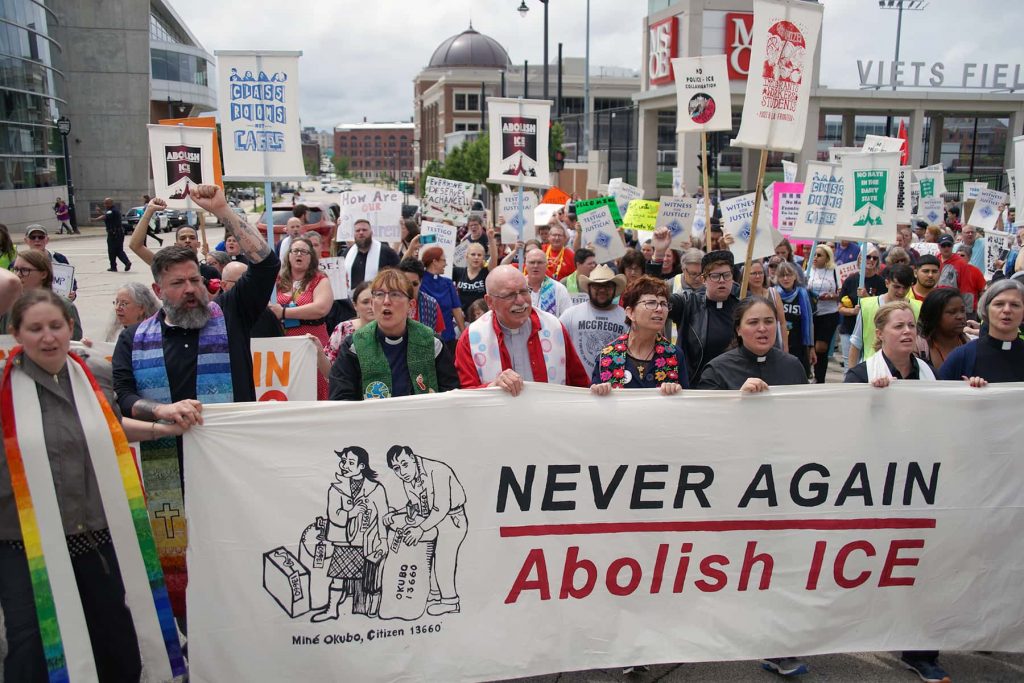
Have you heard about the national personal care shortage? If you work in the aging and disability fields or have a friend or loved one who relies on these services daily, I’m sure you have. But most people don’t know about the current crisis.
According to the U.S. Bureau of Labor Statistics, demand for home health and personal care aides is expected to grow by 33% from 2020 to 2030. With approximately 15 million people who rely on personal care to carry out activities in their daily life, the current shortage of care workers will only get more pronounced.
Here in Wisconsin, our caregiver vacancies increased by 4% in two years (currently at 27.8%), which includes a current 28.4% vacancy rate for certified nursing assistants and direct care workers, according to the Long-Term Care Workforce Crisis Report.
People with disabilities and older adults need care as their circumstances change. Some have families that can no longer care for them. Some don’t have traditional family structures in which children or extended family help them. Even though there is a detrimental shortage, the care of disabled and elderly people is not a priority in our society.
This is because our society does not value elders, the disabled, or caregivers. That sad reality is reflected in the alarmingly minimal amount of funding allocated by states and the federal government for caregiving programs, including individuals who help older adults and people with disabilities perform activities of daily living, including getting dressed, going to the bathroom, meal prep, and other routine tasks. Some people believe our society devalues the elderly and disabled because they are not seen as contributing members of society.
Minimal support for caregiving also greatly affects people with disabilities who are in the working world, like me, who also need help using the bathroom, for example. During work, I pay people out of pocket to help me use the restroom, something that a non-disabled person doesn’t even think twice about doing on their own.
Being paid less than a fast-food worker deters people from becoming caregivers because they often can’t make a living wage.
The crisis is particularly acute for LGBTQ people. As a member of the LGBTQ and disability communities, a person with Cerebral Palsy (CP), as well as a professional who works with other members of the community, I have heard many prejudiced statements, some about me and some about the constituents I work with. Among them, the assertion that most people have family members to help with their needs and therefore don’t need a caregiver; the suggestion that a caregiver might not be “the best fit” with an LGBTQ client; probing questions about people’s gender pronouns and choice of clothes.
These comments and situations can make LGBTQ elders and people with disabilities feel like they must go back into the closet, or not be themselves when interacting with caregivers who make it clear those in charge are in no mood to lend a helping hand. Further, this mistreatment makes it even harder to find people they trust to help them with their care needs. In fact, according to a 2018 report by the Center for American Progress many LGBTQ people delay or avoid necessary medical care due to fear of being discriminated against by health staff.
Fortunately, there are several things you can do as an ally or as an LGBTQ person with a disability to advocate for lawmakers or organizations providing care to make change.
First, share your story or the story of your loved one describing the hardship in their life regarding caregiving. Second, reach out to your state and local legislators to let them know what this means for you and the people you love and care for. Advocacy efforts to this point have resulted in our state government adding an additional $104 million for caregivers, but more must be done.
Further, support organizations that advocate for the LGBTQ older adults and LGBTQ people with disabilities and provide them and potential caregivers necessary resources to help them thrive. Those organizations include SAGE, the Wisconsin Board for People with Developmental Disabilities and the ARC Wisconsin. These groups provide a plethora of resources, services and a sense of community for LGBTQ older adults and LGBTQ people with disabilities who face immense challenges.
The LGBTQ movement started as a grassroots movement to change our broken system. It’s time to go back to our roots and help our LGBTQ disabled friends before it’s too late.
Christin Carter
MoMo Productions
Originally published on the Wisconsin Examiner as The caregiver crisis hits LGBTQ elderly and disabled people hardest
Donate: Wisconsin Examiner
Help spread Wisconsin news, relentless reporting, unheard voices, and untold stories. Make a difference with a tax-deductible contribution to the Wisconsin Examiner













